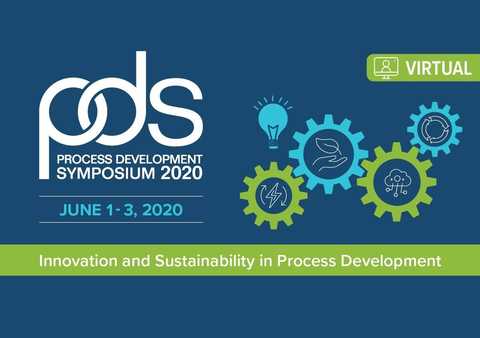
SwRI will be participating in the Process Development Symposium virtual conference.
Join us for the following presentation:
Monday, June 1
2:50 p.m. - 3:05 p.m.
"Robustness and Flexibility in Pilot Plant Process Development Work," Eloy Flores
SwRI is fortunate to be part of chemical and petroleum process development programs that start from simple concept testing in the laboratory to operating commercial scale demonstration units. At SwRI we test and evaluate a broad range of technologies, which span the range from traditional refining and chemical unit operations to the newest methods for consuming plastics and carbon dioxide as feedstocks. For example, subjects have included: thin film polymer commercial demonstration, natural gas to olefins, and carbon capture and conversion pilot plants. With over 40 years of experience in pilot plant process development, we have had the opportunity to learn what is successful for our clients when it comes to designing robust and flexible processes. Many clients need more than technoeconomic evaluations (or “paper studies”), but rather require actual process data at a scale that is reliable for industrial uses such as pilot plant data. Pilot plants are unique in that engineers typically have to become “experts” very quickly in the broad range of chemical engineering work to be conducted in the test system. Pilot plants are designed for lower-cost testing or proof-of-concept evaluation, so resources are typically not allocated to provide commercially applicable designs for each unit operation or piece of equipment as might be used in commercial units. Process development is a feedback process, and pilot plants require innovative and flexible designs to accommodate ranges of process conditions that may not be applicable to commercial scale processes. Given the feedback part of process development, the robustness and flexibility are only as good as your last set of data. SwRI has compiled our learnings and developed a procedure for process development called the SwIFT (SwRI Interdependent Flexible Time-driven) process for information development. SwIFT process development is fundamentally about derisking a process and, if necessary, making as many mistakes as you can early on, at the smallest believable scale. In a way, pilot-scale tests are insurance against troubleshooting on an already-built design that is resisting a successful startup. While there is no replacement for experience and existing infrastructure, the SwIFT process uses available experience (with constant learning) while pressing forward with process development. SwRI will discuss some of the “good and bad” aspects when it comes to designing robust and flexible processes at pilot scale.
For more information on our process engineering capabilities, please visit Process Engineering & Fuels.
For more information on this event, please contact HsiangYee Hoekstra.
